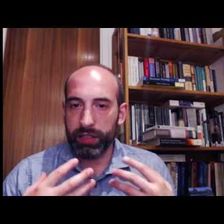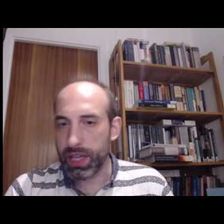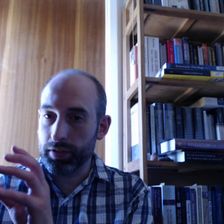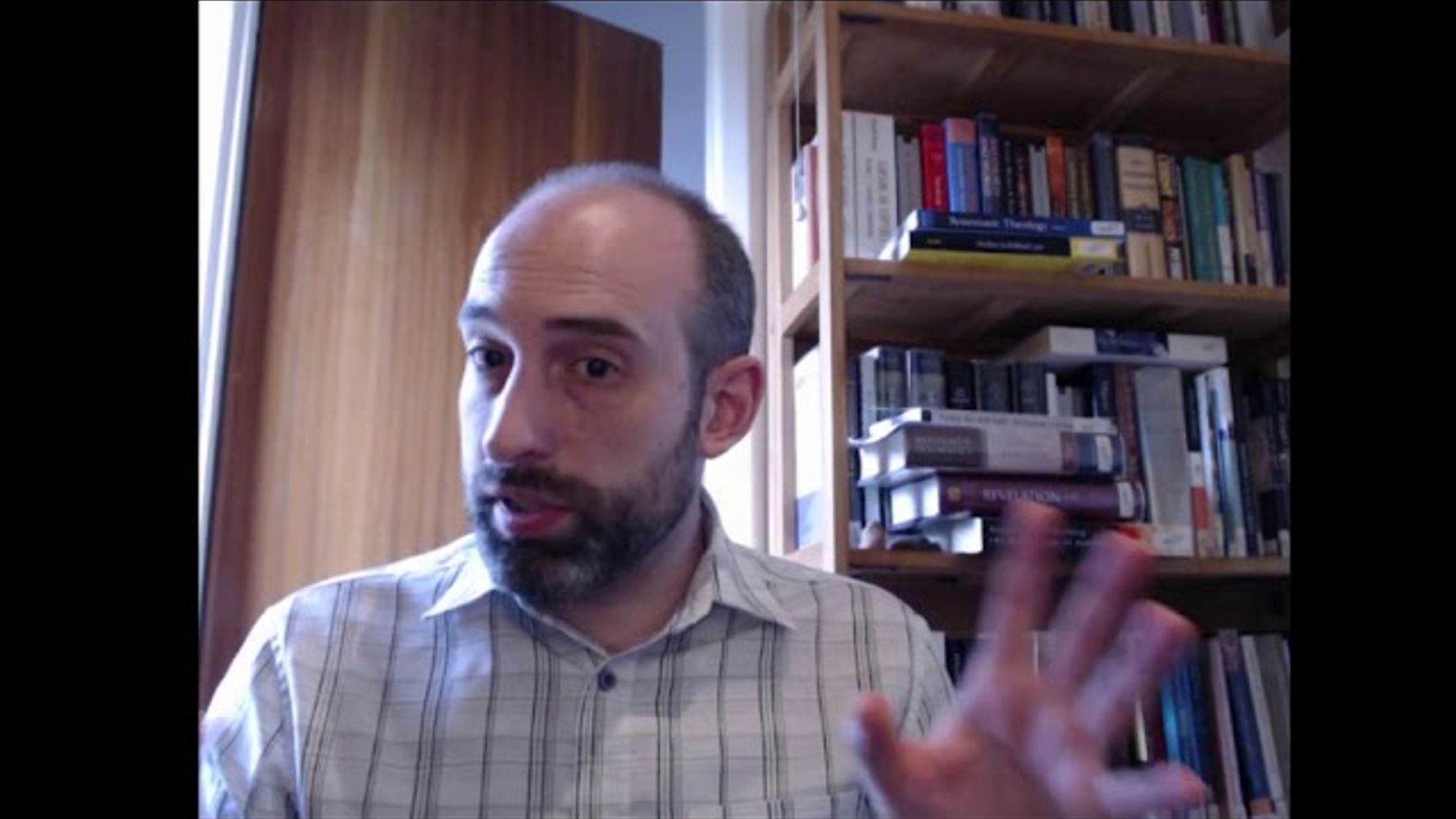Q&A#8 The Chronology of Genesis 38

See this article for context: https://alastairadversaria.com/2006/12/08/the-judah-and-tamar-story-in-its-context/
Today's Question: The story of Judah and Tamar, Chapter 38 of Genesis. You have written a pretty comprehensive piece on this, which is good, but I have one question which you didn't address.
Were the events here 'squished' into about 20 years (the apparent period between Joseph being sold to the Ishmaelites and Judah's move to Egypt with his extended family)? Or is there an argument for saying the period was longer than this? Or did the events somehow overlap Joseph being sold off or perhaps the move to Egypt. It's one of the more difficult 'timeline' questions. I have my own thoughts on this, but I wonder if you have any?
Leave your own questions in the comments, on my blog, or on my Curious Cat account.
More From Alastair Roberts






More on OpenTheo















